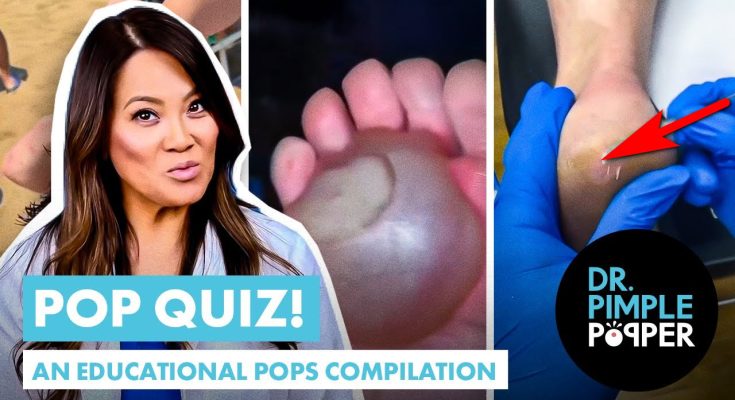Lancaster University’s Adam Taylor, an anatomy professor, has reported cases of “Ozempic teeth” among patients taking Ozempic and other GLP-1 medications. These medications can lead to dry mouth due to the active ingredient, semaglutide, affecting salivary glands. Patients may also experience reduced water intake due to reduced thirst, increasing the risk of cavities and gum disease. Other side effects include acid reflux and vomiting, further damaging tooth enamel. Most users tolerate GLP-1 medications without serious oral health issues, but a subset experience notable side effects such as dry mouth, nausea, or vomiting. Warning signs include increased tooth sensitivity, dry mouth, visible enamel erosion, gum irritation, receding gums, and slower healing after dental procedures. Patients should notify their dentist to receive extra care for their teeth as needed. Dentists should also be aware of these potential risks and monitor patients accordingly. The damage to teeth may not be reversible if the medication is stopped. To prevent “Ozempic teeth,” patients should drink more water and chew sugar-free gum to boost saliva production.
Dentists are advising against the use of GLP-1, a new medication, due to potential side effects on osmpic teeth.



